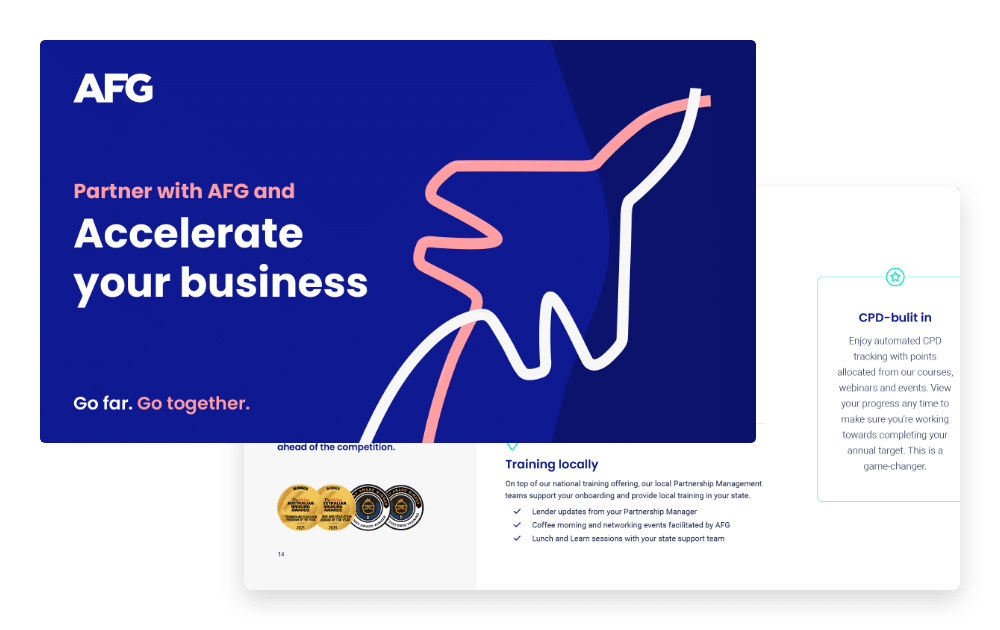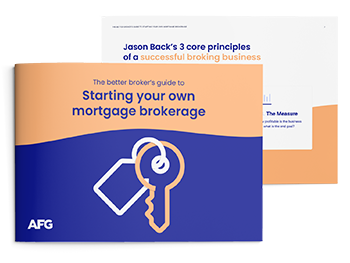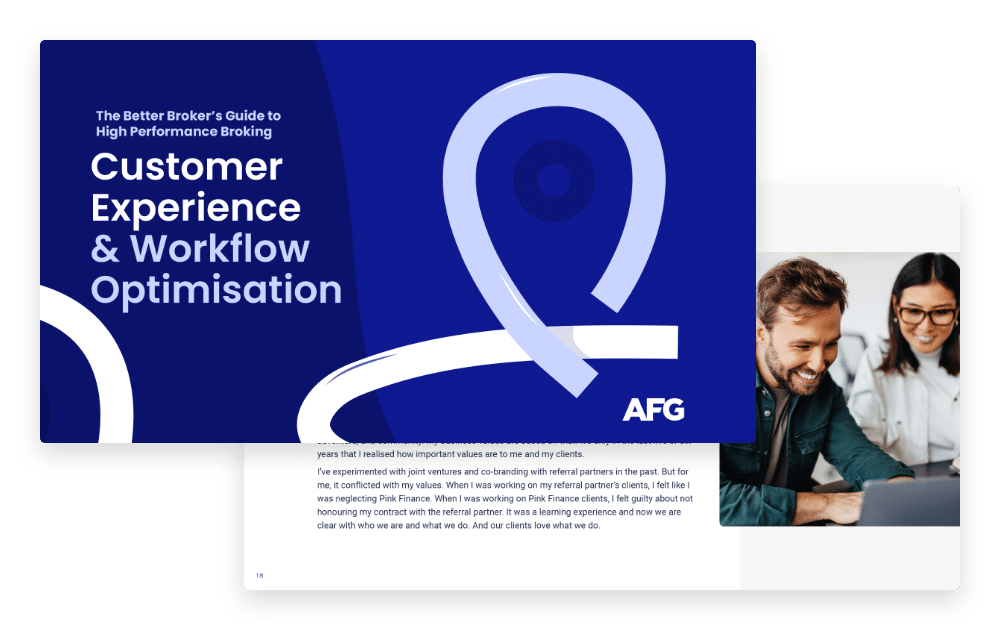Cost-conscious, time-poor business owners are driving a boom in offshore office work, and we thought we’d walk you through some of the basics to consider before you look at whether this is an option for your business or not.
Outsourcing was once the domain of large corporations, who slashed costs by moving some business operations – such as help desks – offshore. Now small, medium and even micro businesses are jumping on board, outsourcing time-intensive but low-skilled tasks such as data entry and bookkeeping to overseas workers. Local businesses can hire staff in developing countries for a fraction of the costs they would incur here, with a vast array of enterprises connecting businesses with overseas workers. We talk to three different players in this growing field to examine how they have made it work for them.
The small business owner
Nathan Scholz is passionate about coffee. Keeping track of invoices? Not so much. Like many small business owners, he wanted to turn a buck from what he loves, opening coffee roaster Budan Beans and espresso bar Mug Shots on Brisbane’s bayside six years ago. And, like many small business owners, he quickly found himself overwhelmed by paperwork. “There’s so much to do with actually running your business,” he said. “Then you come home and suddenly you’ve got this mountain of invoices and receipts and billables and accounts payable.”
Some recent business advice was ringing in his ears: “Any tasks you can pass off to others at low cost, then invest your time in building and improving your business is what you should do.” Paying someone in Australia to input invoice data was not financially viable, but Scholz had heard about online outsourcing and decided to give it a go. He used the website Elance (which merged with o-Desk earlier this year to become Upwork) to advertise a data entry job and hired a qualified accountant in the Philippines. The accountant was emailed the businesses invoices and, with limited access to the company’s accounting software, entered them into the system. It proved a massive time saver, which allowed Scholz to jump straight to reconciling his ingoing and outgoings. It also helped restore some much-needed work/life balance. “The idea originally was to invest more of the time in the business, but I think really what it means is it actually just returns some time to us as a family,” Scholz said. He found it also gave him “headspace” to come up with new ideas for his business.
Scholz said the questions he was most commonly asked in relation to outsourcing were ethical ones. Where small and micro businesses like his were concerned, Scholz said it was not a matter of a local missing out on a job. “It was a question of: were we going to be doing this ourselves at 8, 9, 10 o’clock at night on the kitchen table or were we going to get someone in another country to do it?” he said. Scholz has since switched to global data entry company Receipt Bank, simply because it provided the same service at around the same cost, but removed the need for him to directly manage a relationship with his overseas outsourcer.
The agency
My Virtual Workforce is one of the many BPO (Business Process Outsourcing) agencies springing up in the Philippines. Founded five years ago by Australian Tim Reading, the company recruits and trains staff from a base in the Filipino city of Cebu to provide a range of back office functions, from data entry and bookkeeping to social media marketing and search engine optimisation. The agencies provide staff to Australian businesses, based on a minimum of 10 hours a week.
My Virtual Workforce director of partnerships Paul Winters says that while larger corporations kicked off outsourcing, the bulk of his clients were now small, medium and even micro businesses. “It’s great now there’s a vehicle for the small businessperson to take advantage of some of the absolute benefits of outsourcing,” he said. “You’re looking at half the cost in many cases, or lower, of what you’re going to pay (in Australia).” Winters admitted he had a few preconceptions about outsourcing when he first travelled to the Philippines in 2007. “I thought, `Well, the economics will make up, maybe, for a dip in quality’,” he said. But he found the reverse was true. The comparative buying power of the Australian and US dollars meant his company attracted university graduates in the Philippines for roles that were hard to fill with qualified staff back home.
My Virtual Workforce has about 200 employees, who work for a broad range of clients. “We have a range of clients; from real estate agents who need to build their database, small micro businesses that have just started up a webpage selling different products from their home, law firms and accounting firms, and dry cleaners that utilise us for book keeping,” Winters said. He was aware of the sometimes-valid perception that offshoring was sending Australian jobs overseas. But he argued that judiciously used, outsourcing could help businesses grow to the point they needed to employ more high-value staff on home turf. “We have small companies that are trying to grow and certain costs are prohibitive to them.
One example is lead generation. It will cost them a tremendous amount of money in Australia to get a crew in to create leads for their sales force,” Winters said. Outsourcing lead generation could cut costs dramatically and deliver strong returns, which allowed businesses to expand and hire more high-value staff at home.
The accountant
While outsourcing has been a boon for some businesses, it has been a disrupter for the accounting industry. With bread and butter services such as book keeping and compliance being hit, some may see accountants as victims of the disruption. But Sydney chartered accountant John Beale saw an opportunity to work smarter. “In Australia, we get bogged down as accountants in the compliance rules; for example, lodgment deadlines – every quarter there’s a BAS that has to be lodged,” he said. “It’s very time-consuming and it doesn’t give you time to spend with your clients to help them grow and build their business.” To that end, Beale jumped on board the outsourcing train. His practice, BMG, has started outsourcing lower-end process work to staff in the Philippines, allowing his Australian-based accountants to focus on providing clients with more proactive business advice, such as identifying turnover trends and suggesting new opportunities. “We (accountants) have got to become advisors to business … not historical bookkeepers,” he says.
His accountancy practice now straddles Australia and the Philippines, with offices in Sydney and Clark, north of Manila. And while he was upfront about outsourcing some functions, Beale said he still had Australian clients who wanted their work done at home. “We’re fine with that if they’re happy to pay more and get that service from us,” he said. In addition to regular accounting work, BMG has also expanded to act as an agent, recruiting and managing staff for Australian businesses who wanted to offshore some back office functions.
In the Philippines, BMG employs 15 accountants, along with about 10 marketing and social media specialists. In addition, Beale manages more than 25 additional staff based at the Clark office who work directly for other Australian business clients.
The savings were significant, somewhere between a third and half the cost of doing the comparative work in Australia. Typically his clients were SMEs with 5-20 staff and more and more businesses were starting to recognise the ease and efficiencies of outsourcing. “Now anybody can offshore, there’s good ways of doing it and bad ways of doing it,” Beale said. As with any industry experiencing fast-paced growth, there were unscrupulous practitioners. “Find a firm that has some accountability back into Australia,” he said. “Our firm is covered under our professional indemnity insurance and we comply with Australian privacy rules. It is wholly owned by myself so the buck stops with me.”
Sourcing your outsourcing
- All boxes ticked: Ensure any outsourced activity meets your compliance and privacy obligations, and you’re complying with all legislation at every turn.
- DIY or Agency: Once you have decided to outsource a role in your business, the next decision is whether you are comfortable recruiting, and therefore managing, your own overseas staffer through sites such as Upwork, Freelancer.com, Guru or peopleperhour. Or, would you rather work through a BPO agency, which manages the relationship for you? Alternately, you may seek out an accountant who offshores some functions at a lower cost to clients.
- Choosing an agent: If you use a third-party, do your homework. Accountant John Beale advised business owners to look for firms that had strong links back into Australia. Be aware, if you choose an agency, the rate you pay them will be more than your worker receives (to cover compliance, office space and other incidentals). One business owner reported being dismayed to find her overseas worker was receiving less than half the $7 per hour she was paying to an agency.
- Try before you buy: Set a trial period to see how it works for you.
- Keep an eye on the clock: Research time-tracking facilities, which allow you to check you are getting what you have paid for. And ensure you have thought through any privacy and security issues in relation to remote access to your accounting system.
- In the zone: Choosing to outsource to a country in a similar time zone will save you a lot of hassle should you need to communicate with your remote staffer during business hours.









